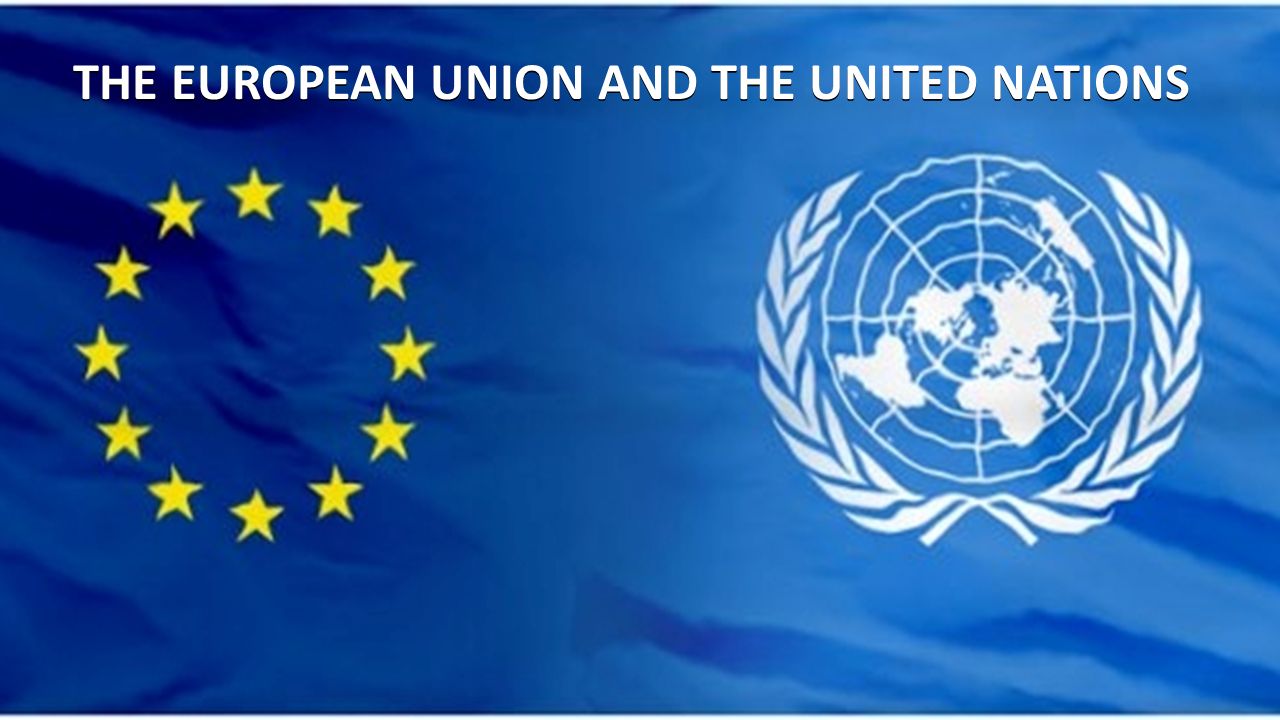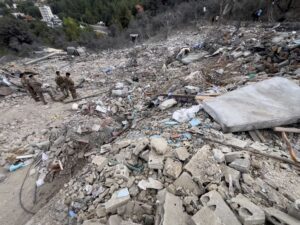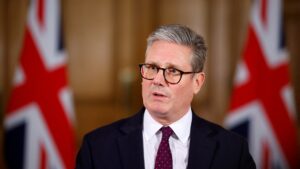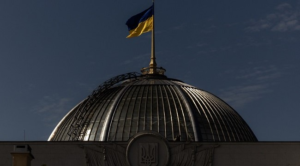
The acting UN human rights chief urged European Union member states yesterday to avoid “backtracking” on their efforts to develop renewable energy sources at a time when soaring prices have prompted some to ramp up use of, and searches for, fossil fuels.
Nada al-Nashif, the acting high commissioner for human rights, laid out rights concerns about more than 30 countries, regions and territories including Ethiopia, Ukraine, Myanmar and Haiti in an opening speech to the latest session of the Human Rights Council in Geneva.
Beyond expressing concerns about the direct impact of Russia’s war in Ukraine, she noted how the war has dented exports of food and fuel from those two countries, forcing EU states, for example, to scramble to boost their energy sources.
In the face of soaring energy prices which threaten to impact the most vulnerable as winter approaches, some EU member states are turning to investments in fossil fuels infrastructure and supplies,” Ms Nashif said.
While such an impulse was “understandable,” she warned of the long-term consequences of boosting use of fossil fuels that contribute to global warming and called for faster development of energy-efficiency projects and renewables.
“There is no room for backtracking in the face of the ongoing climate crisis,” she said.
In Germany, the EU’s biggest economy, use of carbon-spewing coal rose as a share of the country’s total electricity production in the first half of 2022 compared with a year earlier.
The Dutch government this summer issued permits for a joint gas exploration project with Germany.
“Last week, Greenpeace urged EU ministers to immediately protect those who suffer the most from high energy prices and prevent polluters from raking in obscene profits.
“The energy crisis Europe is now facing is only the latest chapter in the long, shameful saga of global injustice and instability caused by fossil fuels,” Greenpeace EU campaigner Thomas Gelin said.
“What clearly needs to happen is to end the fossil fuel era for good, and to get serious about cutting energy waste, for example with a massive home insulation programme, and reducing the overall level of energy demand so that we have a chance of withstanding the havoc of the climate crisis in Europe and around the world.”







